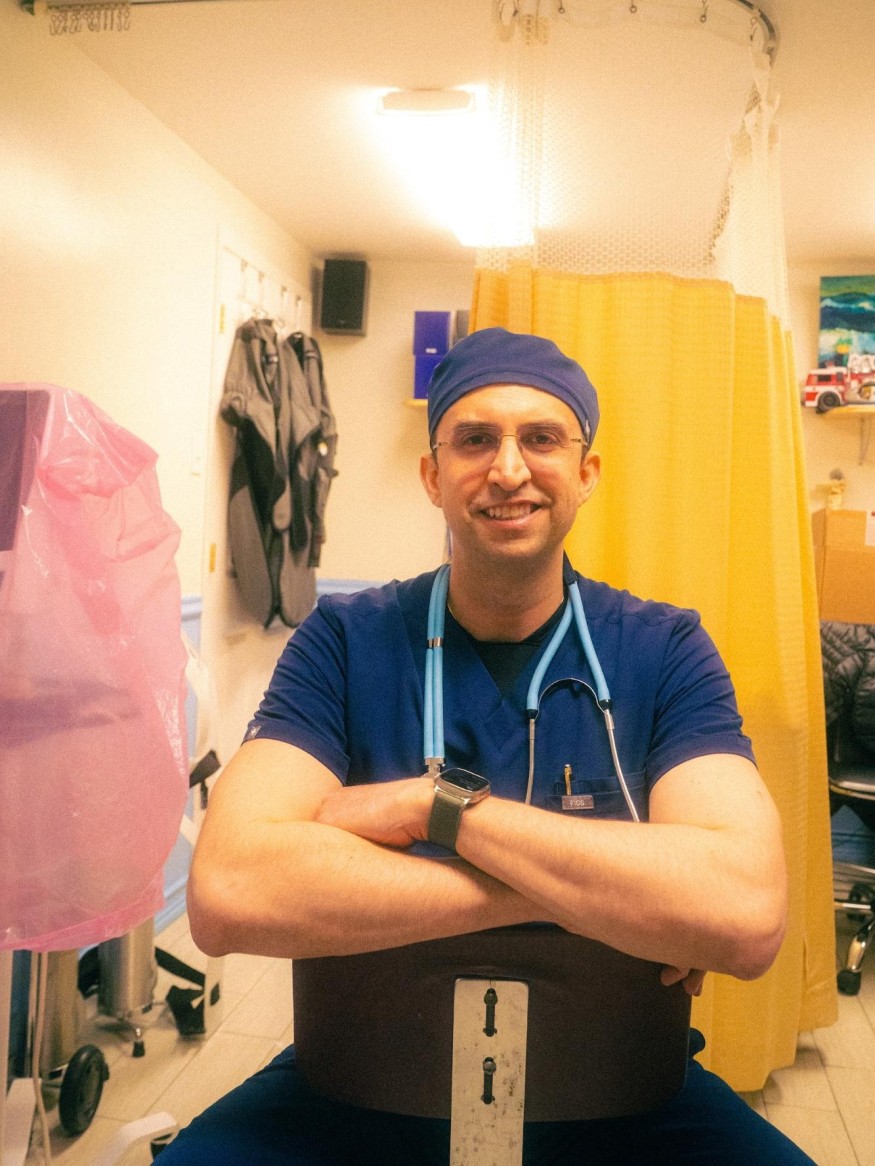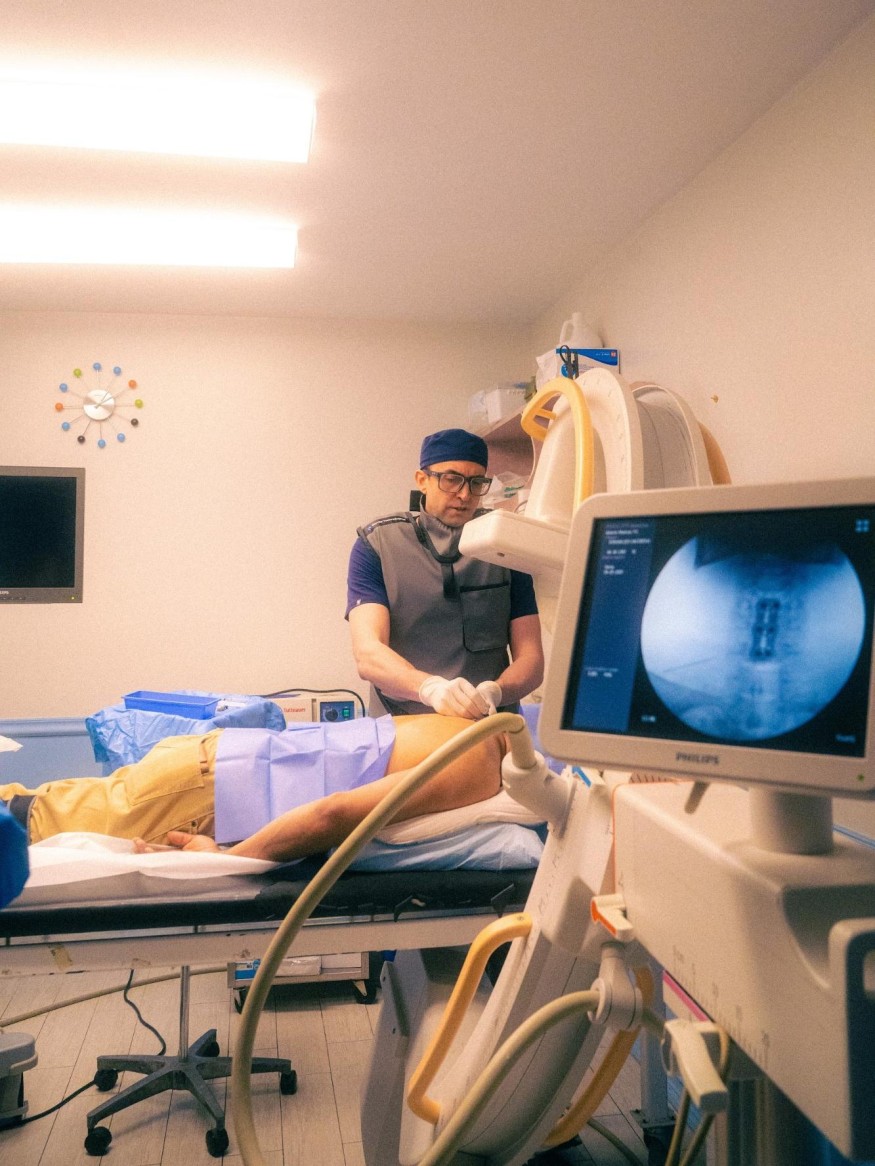
The science behind pain management is evolving rapidly, challenging long-held beliefs about how chronic pain should be treated. For decades, the dominant approach in healthcare has been to mask pain symptoms through opioid prescriptions or surgically alter the body to address structural issues. Yet, with the rise of neuroscience, regenerative medicine, and interventional pain techniques, the medical field is experiencing a shift toward evidence-based, non-invasive treatments that directly target the biological mechanisms of pain.
At the forefront of this transformation is Dr. Mohammad Aalai, an interventional pain specialist and the founder of Pain Free Lives, a clinic dedicated to pioneering new strategies in non-surgical pain relief. By integrating regenerative medicine, neuroplasticity research, and targeted interventional procedures, Pain Free Lives is proving that chronic pain can be managed—and often eliminated—without opioids or surgery.
As healthcare providers nationwide seek alternatives to outdated treatment models, clinics like Pain Free Lives demonstrate how the future of pain management is shaped by science, not just tradition.
The Science of Pain: Understanding the Root Cause of Chronic Conditions
Recent research has reshaped our understanding of chronic pain, proving that it is not simply a long-term version of acute pain but rather a complex neurological condition influenced by inflammation, nerve function, and brain plasticity. Scientists have discovered that chronic pain rewires the brain's neural pathways, leading to a state where the nervous system sends pain signals even after an injury has healed. This phenomenon, known as central sensitization, explains why some patients experience pain for months or years despite no detectable structural damage.
Traditional pain management strategies have mainly ignored these neurological changes, focusing instead on symptom suppression rather than actual healing. Opioid prescriptions—once the go-to solution for pain—have proven to be a short-term fix with devastating long-term consequences, contributing to an epidemic of dependency and overdose. Meanwhile, surgical interventions such as spinal fusion and joint replacements, while necessary in some cases, often fail to address the root cause of pain and can lead to new complications such as nerve damage and reduced mobility.
Considering these limitations, modern pain medicine is shifting toward treatments that work with the body's natural healing mechanisms rather than against them.

Regenerative Medicine: A Breakthrough in Pain Treatment
One of the most exciting developments in pain management is the rise of regenerative medicine, which harnesses the body's biological processes to repair damaged tissues, reduce inflammation, and restore function. At Pain Free Lives, Dr. Aalai and his team are advancing Platelet-Rich Plasma (PRP) therapy and Bone Marrow Aspirate Concentrate (BMAC)—two of the most promising non-surgical solutions for chronic pain conditions.
PRP therapy involves extracting a patient's blood, concentrating the platelets, and reinjecting them into injured areas to stimulate natural healing. Research has shown that PRP can accelerate tissue repair and reduce pain in osteoarthritis, ligament injuries, and spinal disc degeneration. Similarly, BMAC therapy, which contains stem cells derived from bone marrow, has been shown to regenerate cartilage and reduce inflammation in degenerative joint diseases.
A 2024 study published in the National Center for Biotechnology Information (NCBI) reported that PRP therapy accelerates healing by up to 50% compared to traditional treatments, with patients experiencing longer-lasting relief and fewer complications (NCBI).
Neuroplasticity and Pain: Rewiring the Brain for Long-Term Relief
Another groundbreaking area of pain research is neuroplasticity—the brain's ability to reorganize itself by forming new neural connections. In chronic pain patients, maladaptive neuroplasticity leads to a cycle in which the brain continues processing pain signals even after the injury has healed.
By leveraging neuromodulation techniques, physical therapy, and movement-based rehabilitation, Pain Free Lives integrates cutting-edge neuroplasticity research into its treatment plans, helping patients retrain their nervous systems to reduce pain perception.
Studies from institutions such as the American Pain Society have demonstrated that therapies targeting neuroplasticity can reduce chronic pain symptoms by up to 40%, even in patients with no detectable physical injury (American Pain Society).
Interventional Pain Techniques: Non-Surgical Solutions for Lasting Relief
Interventional pain management is emerging as a critical component of modern pain treatment. It offers minimally invasive solutions that aim to disrupt pain signals without resorting to surgery. As research continues to evolve, these procedures are increasingly recognized for their effectiveness in targeting chronic pain at its source, providing patients with relief that lasts longer than traditional medication-based approaches.
One widely utilized method is epidural steroid injections, which have been used for decades to manage spinal inflammation and nerve-related pain. These injections are particularly beneficial for individuals suffering from sciatica, herniated discs, and spinal stenosis, where inflammation plays a significant role in nerve compression and discomfort. By delivering corticosteroids directly to the affected spinal region, epidural injections reduce swelling and irritation, allowing for temporary—sometimes extended—pain relief. While effective for many, studies suggest that the duration and degree of relief can vary, necessitating further research into their long-term efficacy and potential alternatives.
The Future of Pain Management: A Science-Driven Approach
With advancements in biotechnology and interventional medicine, pain management is moving toward precision-based, patient-specific treatments, prioritizing long-term healing over temporary relief. Pain Free Lives seeks to set a precedent for the next generation of pain management, proving that pain does not have to be a lifelong burden.
"As medical science continues to evolve, it's becoming clear that surgery and opioids are not the only solutions," said Dr. Mohammad Aalai. "Pain is a complex condition, but with the right combination of regenerative medicine, interventional procedures, and a deep understanding of the nervous system, we can offer real, lasting relief without the risks of traditional treatments."
For more information, visit www.painfreelives.com.
© 2026 ScienceTimes.com All rights reserved. Do not reproduce without permission. The window to the world of Science Times.












